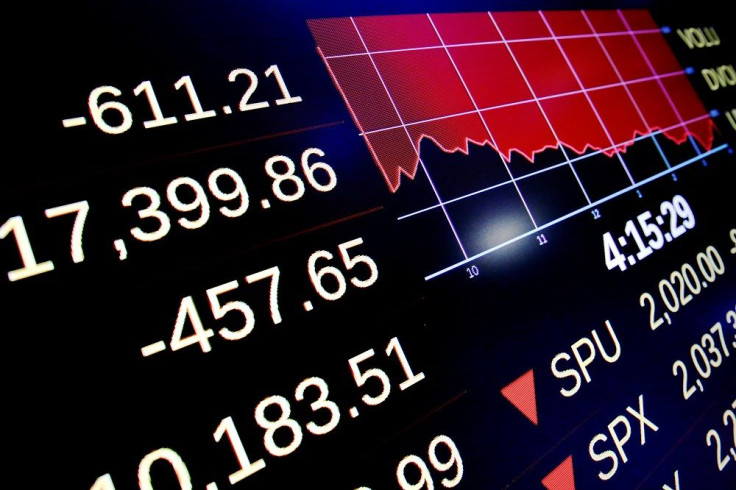Brexit wipes out US$2.1 trillion from global markets

The Thursday vote by Britons to exit the European Union went beyond causing the sterling's value to go down 11 percent to $1.3224. Brexit also wiped out US$2.1 trillion (AUD$2.8 trillion) from global equity markets, according to S&P Dow Jones Indices.
With traders panicking over the new threat to the global economy, it was bloodbath in major stock exchanges. Brexit caused the Paris and Tokyo bourses to lose eight percent, Frankfurt seven percent and New York and London three percent, reports Yahoo Finance.
The Dow Jones Industrial average shed 610 points, its biggest one-day point fall since 2011. The FTSE 1000 benchmark in London slipped 7.5 percent at the opening, but recovered partially on announcement by British Prime Minister David Cameron that he would quit.
Besides the pound which crashed to a 31-year low before it slightly recovered to a 9.1 percent loss against the dollar in late trade, the euro also declined 2.6 percent on the dollar. The yen grew 4.2 percent against the greenback and seven percent to the euro.
On the other hand, investors fled to safe yellow metal, causing an almost five percent jump in gold price. On Friday, it surged to a two-year high and trade up to US$1,362.60 (AUD$1,843.57) an ounce, reports Gulf News.
The wiping out of $2.1 trillion from global markets indicates most of global investors were caught flat-footed by the unexpected win of the “Leave” votes 52 percent to 48 percent for the “Remain” votes. Nomura Securities analyst Georg Goncalves thinks the broader markets went into the vote, critical to investors globally, with too much comfort.
Banks, besides heavy selling on Friday, say they expect to relocate employees in other parts of EU in anticipation of Britain leaving the regional bloc, downgrading London’s standing as the leading financial hub. As a result, Lloyds shed 21 percent, Societe Generale lost 20 percent and other top European banks shed 14 to 18 percent. It was between seven and 10 percent losses for the New York banks Citigroup, JPMorgan Chase, Morgan Stanley and Goldman Sachs.
The Sydney Morning Herald foresees more volatility this week for global markets as aftershocks of the Brexit vote. More Australian economists believe the Reserve Bank of Australia (RBA) – which meets next week – would not cut interest rates. The chances of the RBA reducing interest rates by 1.5 percent started at zero but jumped to 50 percent on Friday when the EU referendum results came out, but it eventually settled to 38 percent.
VIDEO: Brexit leads to global market panic





















